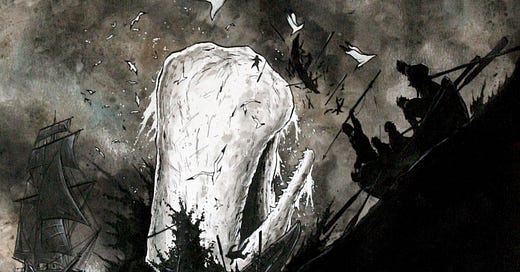I had a professor in college that went by the name of Zan Robinson. He was… unconventional, a real life Dead Poets Society kind of English teacher. He’d do things like analyze you to your face right in class. He’d look at you and say something like, “Dan, spell flower.” And when you spelled it F.L.O.W.E.R. he’d point his finger to the ceiling and say, “Ah-ha, why did you not spell is F.L.O.U.R.? Let’s spent a minute talking about your spelling preference and what that means in your life.”
He also taught me one of the most important rules I’d ever learned in college or in life, a rule I still apply today. He was in charge of the National Linguistics Society local newsletter and I wrote for that newsletter, my first real stab at journalism. He heavily edited the first article I wrote for him and when I complained about the editing, he told me, basically, to get over myself.
“Art is a collaboration,” he said. “Nobody writes or paints or builds or really does anything by themselves. Learn that and you’ll succeed. Go it alone and you’ll fail.”
Zan was on my mind today because today is the 172nd anniversary of the publication of “Moby Dick” in America. Zan was a Melville scholar and published extensively on - among other subjects - Freudian interpretations to be found in Melville’s work. I still have several of Zan’s book, which he signed for me.
The greatest American novel ever written weighed heavily in my life three times: Once in college during Zan’s classes and the first time I read the book, once on a cross country hike from coast to coast in England as my reading companion and the third and most important time when “Moby Dick” became the first book I read out loud to my daughter during the first few months of her life.
And so, let us celebrate the the dangerous pull of unknown places, the drive that can elevate or destroy us and a jumble of words that, decades later, continues to intrigue.
“I try all things, I achieve what I can.”





I think we all had a particular college prof that affected us. I had one English Lit. guy that told us all he wanted from us on any piece of literature was a new and different critique...our grades depended on it but it's not an easy task to come up with something new after thousands have already been written.